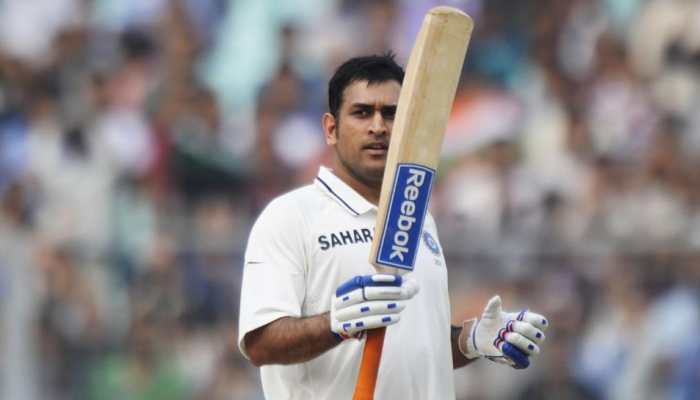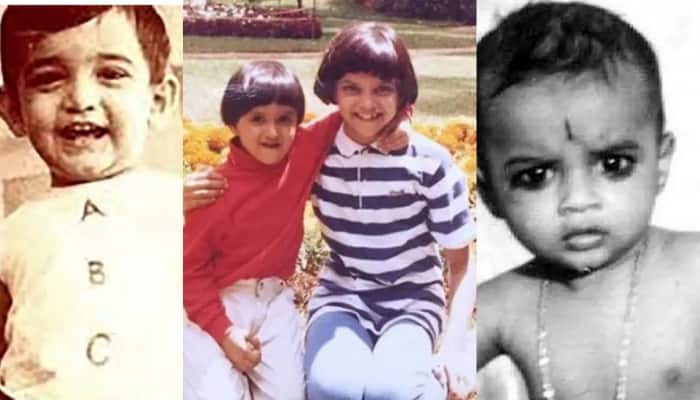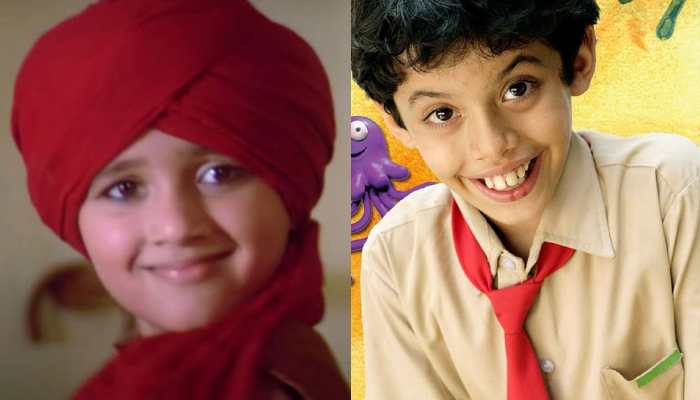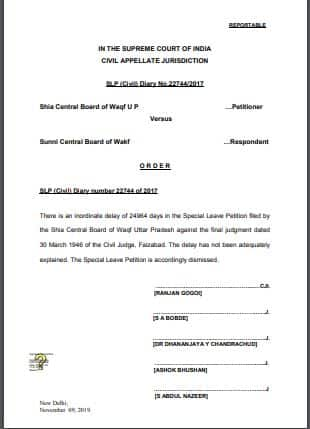Ayodhya verdict: SC dismisses Shia Waqf Board plea; read the judgement
The Supreme Court on Saturday, (November 9, 2019) dismissed the Special Leave Petition (SLP) filed by Shia Waqf Board challenging the order of 1946 Faizabad Court in connection with the Ram Janmabhoomi-Babari Masjid title dispute case.
Trending Photos
NEW DELHI: The Supreme Court on Saturday, (November 9, 2019) dismissed the Special Leave Petition (SLP) filed by Shia Waqf Board challenging the order of 1946 Faizabad Court in connection with the Ram Janmabhoomi-Babari Masjid title dispute case.
"We have dismissed the Special Leave Petition filed by Shia Waqf Board challenging the order of 1946 Faizabad Court," Chief Justice of India Ranjan Gogoi said while reading out the judgement.
While reading out the verdict in the Ayodhya land dispute case, the Chief Justice said, "Babri mosque was built by Mir Baqi. It is inappropriate for the Court to get into the area of theology.''
''There is an inordinate delay of 24964 days in the Special Leave Petition filed by the Shia Central Board of Waqf Uttar Pradesh against the final judgment dated 30 March 1946 of the Civil Judge, Faizabad. The delay has not been adequately explained. The Special Leave Petition is accordingly dismissed,'' the 5-judge apex court bench said.
The five-judge Constitution bench of the Supreme Court ruled in favour of the Hindus in the over 70-year-old Ram Janmabhoomi-Babari Masjid title dispute case ordering the allocation of the contested site to them for the construction of a temple.
The historic day for India - the largest secular democracy in the world - saw the end of a dispute spanning several centuries which had pitted the Hindu and Muslim communities against each other in the courts.
The bench led by Chief Justice of India Ranjan Gogoi and comprising of Justice Sharad Arvind Bobde, Justice Ashok Bhushan, Justice DY Chandrachud and Justice SA Nazeer maintained the title suit of Ram Lalla and rejected the other petitions.
But the court also ordered that 5 acres of alternate land should be provided to the Sunni Waqf Board in a prominent place in Ayodhya. According to the Supreme Court judgement, the Centre must establish a Board of Trustees within three months for the construction of the Ram Mandir.
"Central government shall form in three to four months a scheme for setting up of a trust. They shall make necessary arrangements for the management of trust and construction of the temple," Chief Justice Ranjan Gogoi said while reading out the verdict
While reading out its unanimous judgement in the politically-sensitive case, the bench said that Ram Janmabhoomi is not a 'legal personality' but the deity is a jurisdictional person.
CJI Ranjan Gogoi said that the faith of Hindus that Lord Ram was born at the said site in Ayodhya stands "undisputed".
"Hindus consider Ayodhya as the birthplace of Lord Ram. They have religious sentiments. Hindus have faith and belief that Lord Ram was born under the dome. The faith of Hindus that Lord Ram was born here is undisputed," Chief Justice of India Ranjan Gogoi said while reading out the verdict.
The CJI stated that the titles cannot be decided on faith and belief but on the claims. "Historical accounts indicate belief of Hindus that Ayodhya was the birthplace of Lord Ram," Chief Justice Gogoi said.
Justice Gogoi said that the evidence shows that 'Ram Chabutra' and 'Sita Rasoi' were worshipped by the Hindus much before the British invaded.
"Evidence in the records show that Hindus were in the possession of the outer court of the disputed land," Chief Justice Gogoi said.
He further said that credentials provided by the Archaeological Survey of India are beyond doubt and its findings can`t be neglected.
The judgement by the five-judge bench of the Supreme Court on the Ayodhya title suit is "unanimous", Chief Justice of India Ranjan Gogoi said on Saturday while unsealing the verdict in a packed courtroom.
CJI also requested silence in the court, as the judgement was signed. He said there was a need to preserve the sense of balance for the belief of people.
Stay informed on all the latest news, real-time breaking news updates, and follow all the important headlines in india news and world News on Zee News.
Live Tv








)
)
)
)
)
)
)
)
)
)
